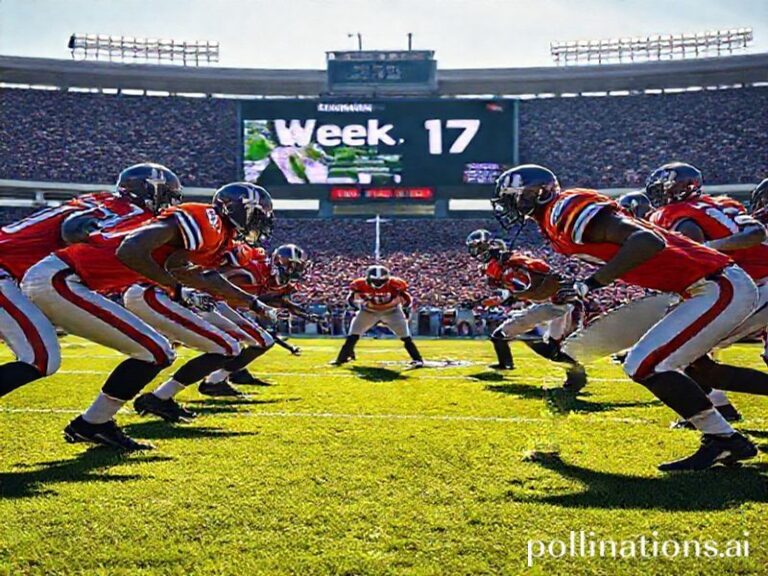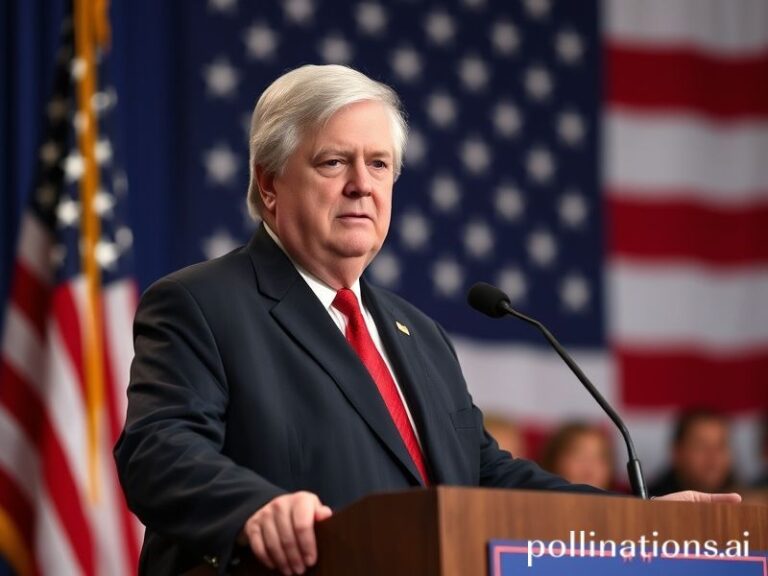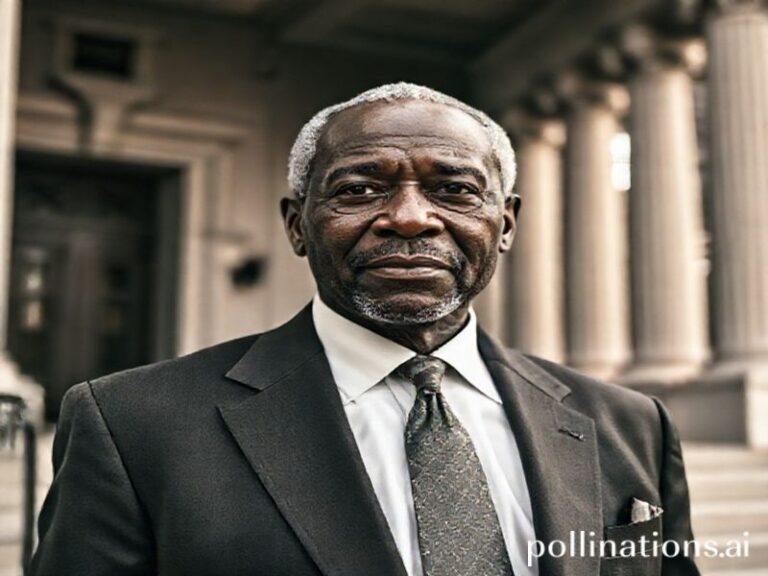Captain Planet: How Chris Evans Became America’s Most Exportable Super-Power
Dodging alien artillery or congressional subpoenas with the same square-jawed equanimity, Chris Evans has become the world’s most export-ready piece of modern American soft power. From Seoul to São Paulo, the man is less an actor these days than a geopolitical utility: a walking, occasionally shield-flinging reminder that the empire can still package its anxieties in digestible, protein-shake-scented form.
The international box office tells the story with all the subtlety of a drone strike. Avengers: Endgame earned more in China alone ($629 million) than the GDP of eight sovereign island nations, and a measurable slice of that haul was owed to Captain America’s biceps, which apparently translate into every known language except humility. Marvel’s “Chris Evans Module” is now a turnkey asset: slot him into any cultural receptacle—Nollywood parody, Turkish shampoo ad, Japanese energy-drink mascot—and watch the algorithmic love pour in. The US State Department once spent millions trying to sell democracy abroad; Evans does it with three chin-ups and a wink, all while wearing what looks suspiciously like the flag of a country currently debating whether voting is still fashionable.
Yet the actor’s post-Marvel pivot reveals a planet caught between craving American myth and mocking it. In Netflix’s The Gray Man, Evans plays a sociopathic assassin with a porn-star moustache—a look that screams “Florida man makes good.” The film debuted in 92 countries, instantly spawning memes from Lagos to Lahore comparing his facial hair to everything from 1970s Turkish dictators to a failed Argentine currency. Somewhere in Brussels, a NATO undersecretary is drafting a memo titled “Mustache as Non-Traditional Deterrent: A Strategic Assessment.” Meanwhile, South Korean critics hailed Evans’ turn as proof that even American good guys are now morally bankrupt; North Korea simply called it documentary footage.
Off-screen, Evans has weaponized his virality in more ambiguous ways. Launching the civic-engagement site A Starting Point in 2020, he attempted to give US politicians a bipartisan platform that wasn’t a corporate donor retreat. International reaction ranged from “quaint” (Germany) to “please colonize us with this” (Lebanon). The platform’s translation into Spanish and Arabic turned Evans into an accidental diplomat; Chilean students now quote his explainer on gerrymandering with the same fervor once reserved for Che quotes on T-shirts. Of course, any earnestness is immediately ratioed by the internet’s global peanut gallery: Turkish trolls super-cut his earnest pleas for civility over footage of parliamentarians brawling with office furniture. The meme ends with Evans sighing, “See, this is what I’m talking about,” right before a flying chair knocks out the camera. Cue 45 million views.
Behind the chuckles lies a deeper anxiety about what it means when your national archetypes are leased out by Disney+. French sociologists fret that Macron can’t compete with Evans’ focus-grouped sincerity; Japanese bureaucrats complain their own superheroes still require homework. Even the Russians, never ones to miss an opportunity, have floated a state-sponsored “Captain Siberia” franchise. Early leaks suggest the shield is replaced by a rusted pipeline segment and the villain is literally seasonal depression.
Still, the actor’s self-awareness—occasionally bordering on Woody Allen without the criminal record—keeps the whole spectacle from collapsing under its own red-white-and-blue sequins. When Evans jokingly told a London audience that playing Captain America felt like “working for the most expensive propaganda ministry ever,” the laugh was global because the guilt was shared. Everyone in the room had bought a ticket, after all; the only difference was currency.
So we arrive at the present moment: a world simultaneously fatigued and enthralled by American iconography, using Chris Evans as both punching bag and life coach. Whether he’s shield-blocking CGI aliens or politely asking senators not to auction off the republic, the man remains an uncanny barometer of planetary mood: equal parts aspiration and exasperation, with deltoids that suggest the future might still be winnable—provided it includes a gym membership and a streaming subscription. In that sense, the most international thing about Chris Evans isn’t the passport stamps or the Mandarin-dubbed catchphrases; it’s the quiet, unsettling realization that even our cynicism comes licensed from Marvel Studios.







